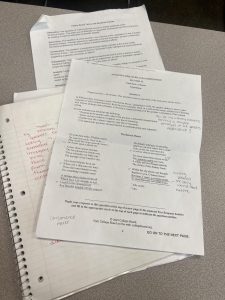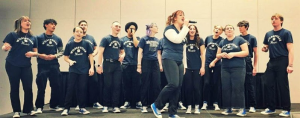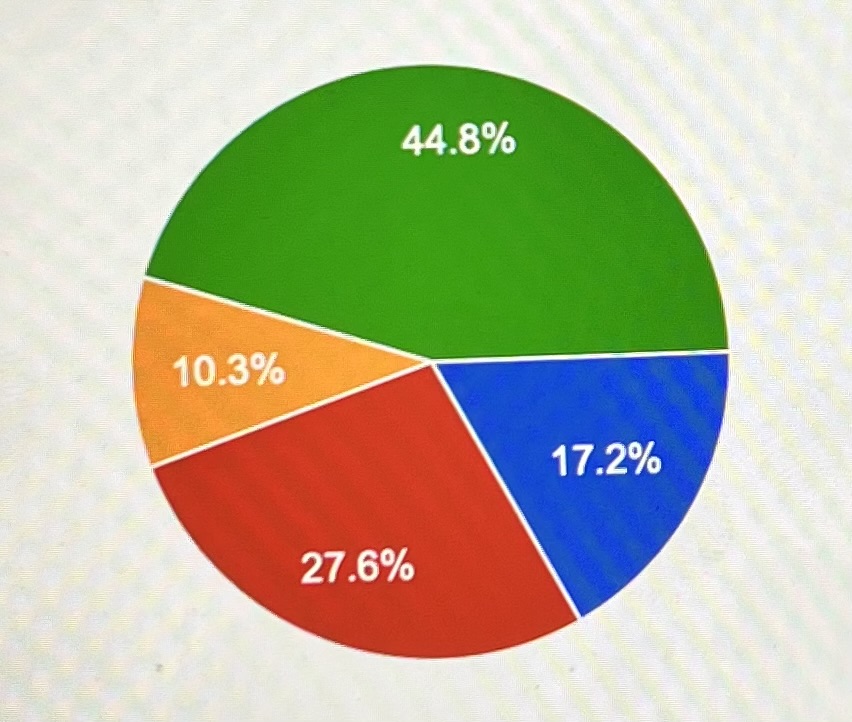The clock ticks as students work independently, but the tranquility of the classroom absorbs any noise, resulting in an overwhelming silence. The warm air penetrates through the school, while students dream of hibernation in their beds. Heavy eyelids begin to close, but just as the relaxation overcomes them, the shrill sound of the bell indicates the start of lunch.
Although a typical day has a division between being awake and restfully sleeping, the clutter of things that consume the life of an average high school student are preventative of a full sleep cycle. According to the CDC, teens are strongly encouraged to maintain a minimum of 8 hours of sleep, but to achieve maximum energy, some are urged to sleep even longer.
Amidst a typical school day, the grueling reality of going from class to class can sometimes become a burden to some WVHS students. In a poll conducted by a WVHS student, out of 28 total responses, the majority of students showed support of the proposal for a secluded amount of time to rest. While some are impartial, most students assessed the benefits, and found that it could be used as a moment of rejuvenation.
Senior and WVHS student, Venecia Gonzalez discussed the restrictions of school that prohibit students from resting their eyes, and she is in support of the idea of resting “without getting in trouble”. Without the concern of falling asleep in class, the plan would create a time for students to rest without restriction.
Alexander McCallum, a junior, is in support of this inquiry, whether it be successful or not. He expressed taking advantage of the life class period (essentially a study hall) to conduct this experiment, saying, “life class could provide the perfect vessel to harbor this test. It would have to be examined whether productivity would increase or not.” McCallum’s insight may be the path in which the administration chooses to go if the experiment is ever approved.
Mackenzie Klepper, a sophomore at WVHS, critiqued the schedule of classes, and expressed her desire for a rest 3-4 hours into a school day. Although some students come to school feeling sleepy and weary, the midday rest would allow students to “rejuvenate after 3-4 hours of consistently being still yet having [their] minds active.
According to the students of WVHS, rest periods can potentially mitigate the effects of sleep deprivation, thus allowing students to feel more productive. Not only can this benefit the lives of students, but also the staff of WVHS, who can better access the cognitive abilities of their students.





